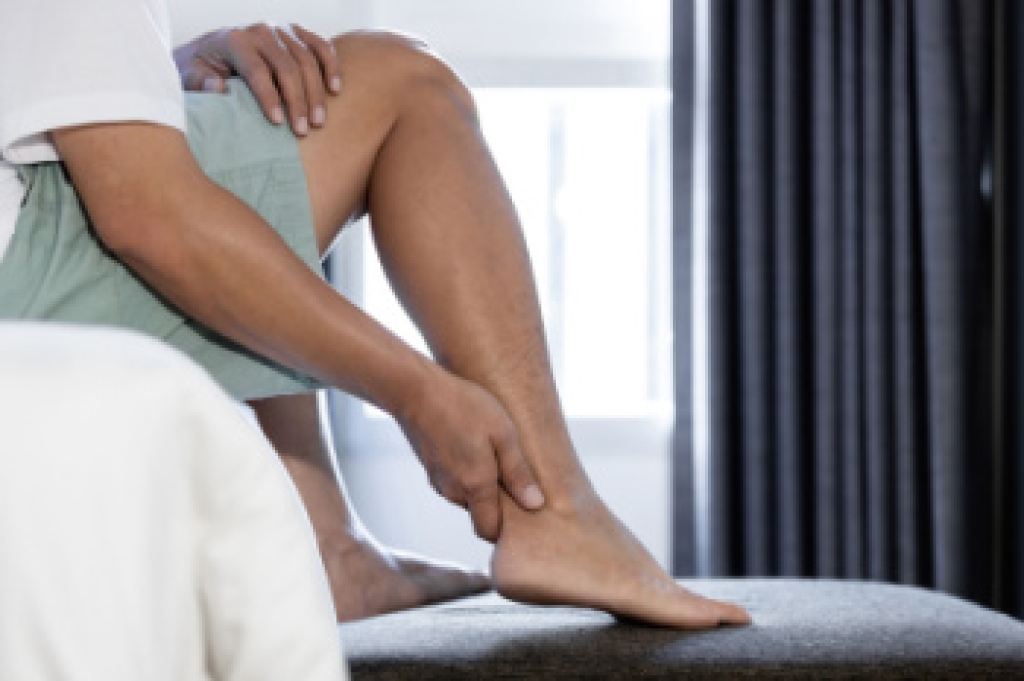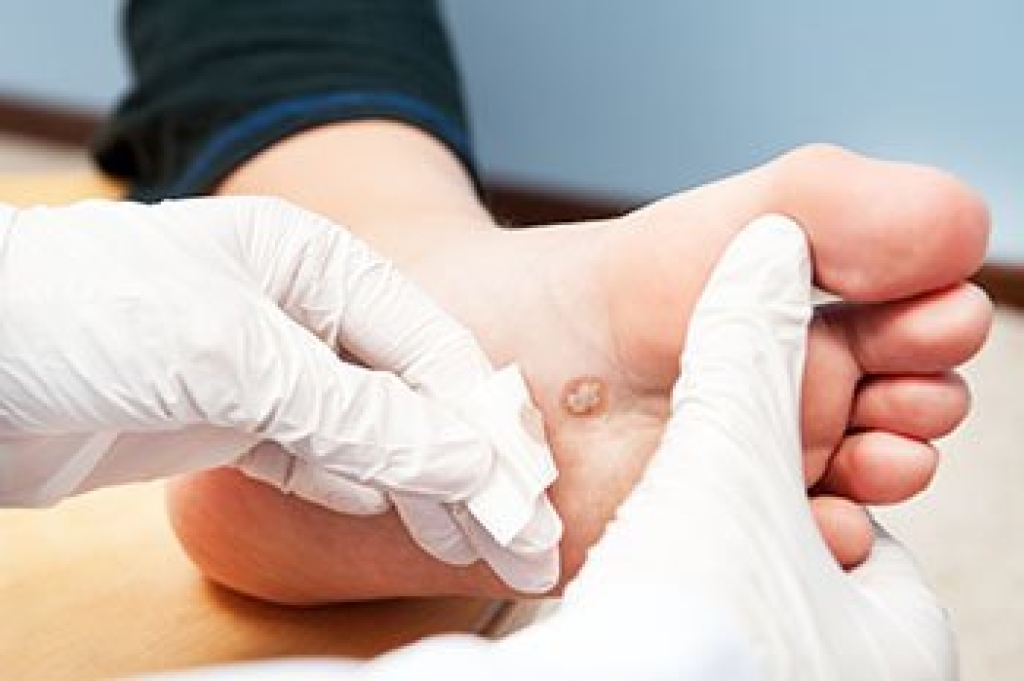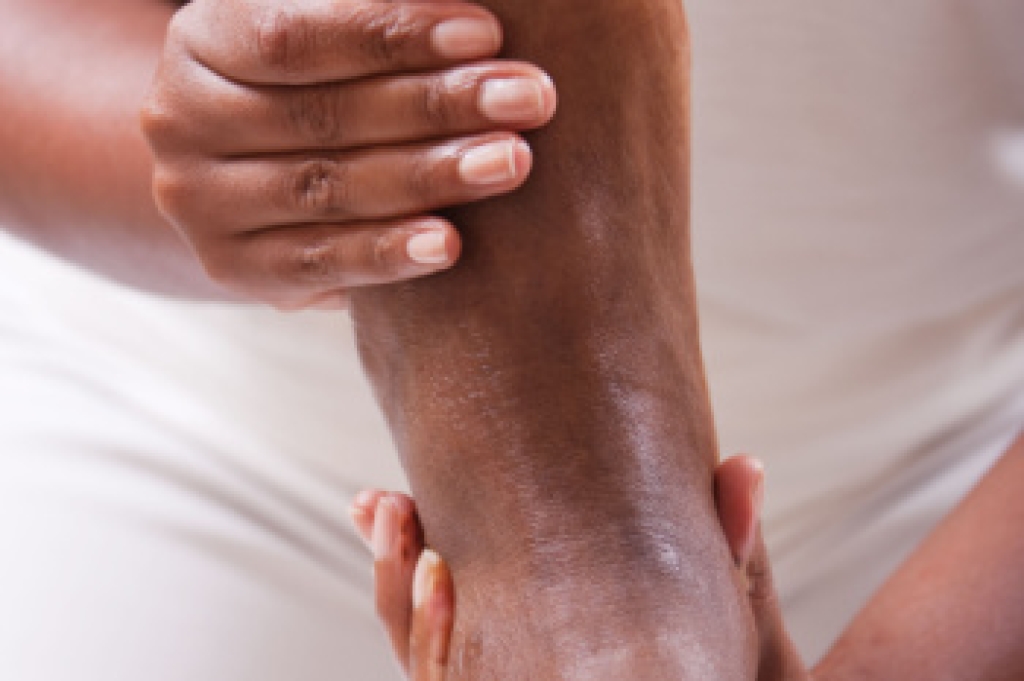
Pain along the back of the heel or through the foot is often blamed on a single tendon problem, but there are important differences that affect treatment. One condition commonly involves short-term irritation of a tendon, such as the Achilles tendon, often triggered by a sudden increase in walking, running, or standing. This type of injury is linked to inflammation and may improve with rest and activity changes. Another condition develops gradually and reflects long-standing wear within the tendon fibers themselves. In this situation, the tissue becomes weaker and less flexible, especially in the Achilles tendon or tendons supporting the arch. Treating both problems the same way can slow healing and prolong discomfort. Identifying which process is present helps guide appropriate care and recovery strategies. If heel or foot tendon pain persists, it is suggested that you see a podiatrist for a full exam and appropriate treatment.
Achilles tendon injuries need immediate attention to avoid future complications. If you have any concerns, contact one of our podiatrists of Pennsylvania Foot & Ankle. Our doctors can provide the care you need to keep you pain-free and on your feet.
What Is the Achilles Tendon?
The Achilles tendon is a tendon that connects the lower leg muscles and calf to the heel of the foot. It is the strongest tendon in the human body and is essential for making movement possible. Because this tendon is such an integral part of the body, any injuries to it can create immense difficulties and should immediately be presented to a doctor.
What Are the Symptoms of an Achilles Tendon Injury?
There are various types of injuries that can affect the Achilles tendon. The two most common injuries are Achilles tendinitis and ruptures of the tendon.
Achilles Tendinitis Symptoms
- Inflammation
- Dull to severe pain
- Increased blood flow to the tendon
- Thickening of the tendon
Rupture Symptoms
- Extreme pain and swelling in the foot
- Total immobility
Treatment and Prevention
Achilles tendon injuries are diagnosed by a thorough physical evaluation, which can include an MRI. Treatment involves rest, physical therapy, and in some cases, surgery. However, various preventative measures can be taken to avoid these injuries, such as:
- Thorough stretching of the tendon before and after exercise
- Strengthening exercises like calf raises, squats, leg curls, leg extensions, leg raises, lunges, and leg presses
If you have any questions please feel free to contact one of our offices located in Bensalem, Philadelphia, Northeast Philadelphia, Yardley, PA, and Hamilton, NJ . We offer the newest diagnostic tools and technology to treat your foot and ankle needs.




